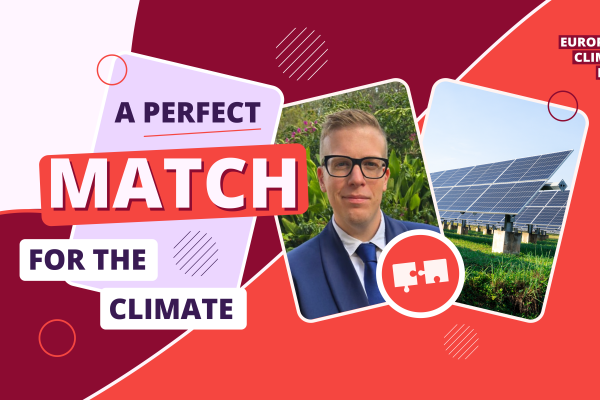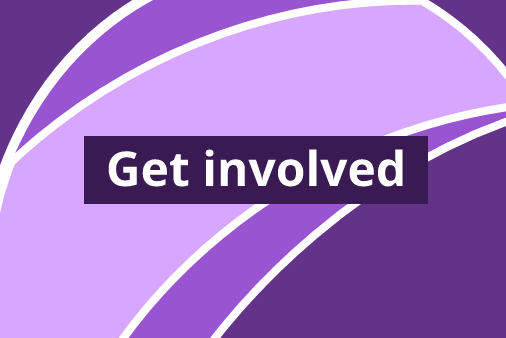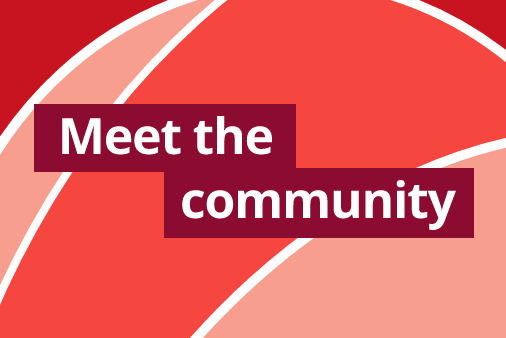What is the European Climate Pact?
The European Climate Pact is a movement of people each taking action to help build a cleaner and more resilient Europe.
Launched by the European Commission as part of the European Green Deal, the Pact supports the EU’s goal to become climate-neutral by 2050.
Whether you are just getting started or already driving change in your community or organisation, there’s a place for you in the Pact.
Join our annual event in Brussels
Together in Action 2026 is the Pact’s annual celebration to mark progress in tackling climate change. Join Europe’s climate action community, experts and policymakers in Brussels on 24-25 March for a key moment in the EU’s climate calendar.
Be part of Climate Action Days
Want to bring climate action to your community? Throughout March 2026, organise an activity as part of our new EU-wide campaign: Climate Action Days. These days are a chance to boost your impact in the build-up to Together in Action 2026. Wherever you are in Europe and whatever activity you have in mind, we want to hear about it!
Pact articles

Each year, Valentine’s Day reminds us of the importance of nurturing connections, establishing partnerships and making shared commitments to the things we love – climate action that is. Here’s how the European Climate Pact can help you find the perfect partner in 2026, while also matching your perso

Want to make more climate-smart choices this year? Perhaps artificial intelligence (AI) could hold the key. From everyday apps and devices that can make your life more sustainable to assisting with big-picture potential solutions to climate change, let’s take a look at how AI and other digital tools
As part of the 2025 European Week of Regions and Cities, the Climate Pact community co-organised local events to talk about how we can adapt to the new challenges posed by climate change, prepare for crises, and remain resilient.









